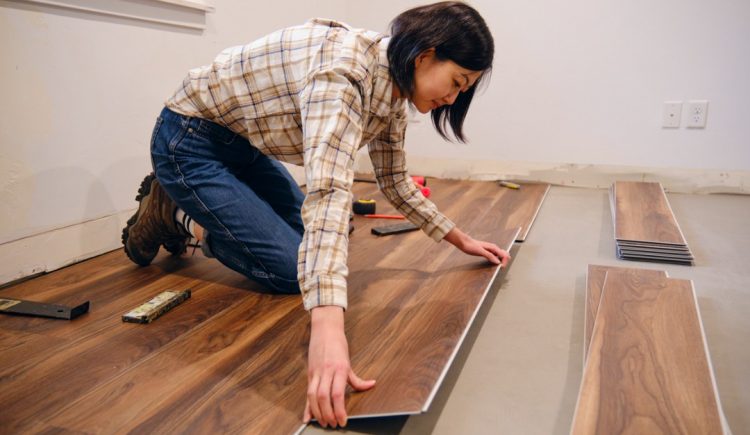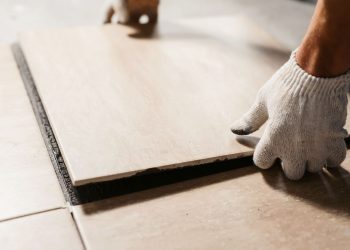Your homeowners insurance policy will pay for repairs if your house gets damaged by a covered peril, but hiring a contractor isn’t always necessary or desirable. If you file a claim and your house needs repairs that are simple and straightforward, or if you’re a skilled and experienced DIYer, your insurer might pay for you to make repairs yourself.
The Type of Problem Is Important
If your house needs plumbing or electrical work, structural repairs, or another type of fix that requires a significant amount of skill and training, the insurer might insist on having a professional do it. The insurance company might agree to let you handle simple aspects of a project yourself and require you to hire a contractor for other repairs.
You’ll also have to comply with local building codes and regulations. Your state or local government might require permits and inspections for certain types of jobs and might only approve work that’s done by a licensed contractor.
If you have a mortgage, your lender might have a say in who repairs your home. A claim check that you receive from your homeowners insurance company might have both your name and your lender’s name. Your mortgage lender has a financial interest in your house, so it will want to be sure that repairs are performed correctly. If your house needs major work, the lender might insist that you hire a licensed contractor.
Making Repairs Yourself Might Come Back to Haunt You
Even if your homeowners insurance company is willing to pay for DIY repairs, fixing some problems yourself can backfire. If you make DIY repairs, then you experience a problem later, your homeowners insurance company won’t pay for a second round of repairs if you made a mistake that led to the later problem. Your insurance company will cover necessary repairs if the subsequent damage is sudden or accidental (for instance, if a tree falls on your house in a storm).
Fixing a Problem Yourself Might Not Be the Best Option
Making DIY repairs might not make sense, even if your insurance company will allow it. When you consider how much time it will take to complete repairs, your level of skill and experience, your work schedule and other factors, you might realize that you’d be better off hiring a contractor.
Contact Your Insurer
Insurance companies differ in terms of whether they allow homeowners to make repairs themselves and how they determine payout amounts for DIY repairs. If you have questions, contact your insurance company, provide information on the damage, and ask if the insurer will let you make repairs yourself. If so, inquire about the process, additional documentation you’ll have to provide and how making DIY repairs can affect the sum that you’ll receive for your claim.











